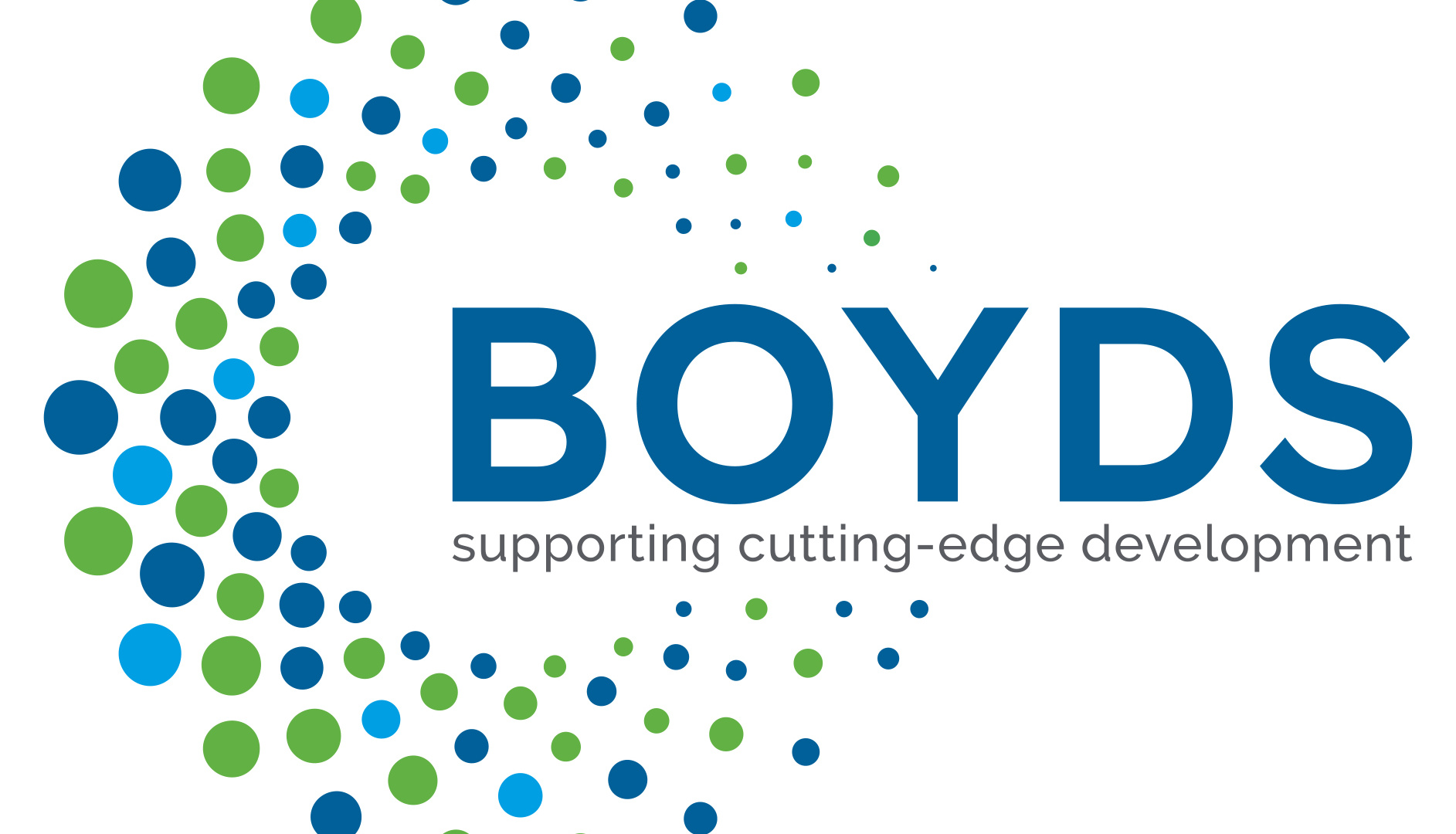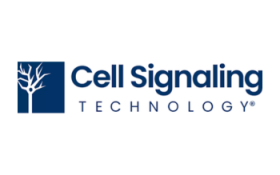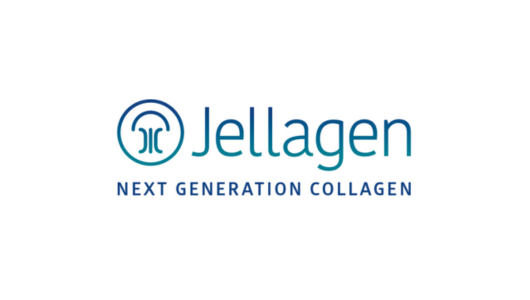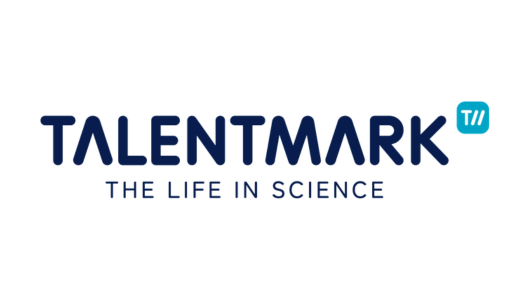Precision cancer prevention – beyond the medical ABC of aspirin, bananas and colonoscopy
OBN’s Head of Science & Entrepreneur Advocate, Philip Simister, summarises the key takeaways from our BioTuesday event that took place at BioEscalator, Oxford, on 2 July 2024: A Spotlight on Oncology Precision Prevention Treatments and the Expected Impact on People with High-Risk Conditions.
From the insightful keynote talk by Prof. Sarah Blagden and ensuing expert discussion we learned:
• In this century, cancer may become the leading cause of death worldwide. An estimated 40% of cancers should be preventable with a combination of environmental and lifestyle changes (CRUK figures).
• Active chemoprevention (e.g. metformin) for those at highest risk may provide added benefit, along with the potential of preventative vaccination for a range of cancers (e.g. targeting pre-cancerous mutations, or EBV). Precision trials are underway in the clinic to explore disease prevention for cancer with the promise of improved signals. These may allow shorter intervention timings and/or route-to-market.
• The University of Oxford is the UK’s first centre to specialise in such ‘precision prevention’ trials aiming to prevent cancers in people at high-risk for cancer development, e.g., those with Li-Fraumeni Syndrome (MILI trial) and Lynch Syndrome, or BRCA mutation carriers. Importantly, the timelines for these trials are shorter than with conventional prevention trials.
• However, cancers can display different profiles in the pre-invasive stages from the advanced cancer stages (i.e., when detectable). A lack of surrogate biomarkers of tumorigenesis in these early stages requires the use of cancer incidence endpoints in highest risk patients. This is one of several possible sticking points in relation to regulatory acceptance.
• Other challenges include the need to prove the safety of preventative interventions in healthy people compared to patients with disease and overcome negative perceptions from industry and regulators around this. There is no regulatory pathway yet for approval of such precision cancer prevention medicines.
• While precision prevention in cancer falls outside of the present industrial model for drug discovery in terms of regulatory and economic considerations, there are good parallels with the infectious disease vaccination model, and good potential for commercial opportunities. The industry is certainly watching this space.
Key positive actions from the panel discussion around progressing precision prevention trials included:
1. With any new approach, it is essential to engage as a collaborative group with the regulatory authorities as early as possible with a comprehensive, clear plan raising specific questions. Maintaining the conversation and educating the regulators is key to support their understanding of scientific and clinical issues arising in order to find continued ways forward.
2. Actively seek patient and public involvement (PPI), for example, to dispel any myths around perception of new medical opportunities for at-risk groups. These groups may be far more receptive to clinical trial participation in the hope of finding improved preventative medicine knowing there are solid prospects. In the example of advice to people with Lynch Syndrome, to take aspirin, eat bananas, and have an annual colonoscopy examination, there’s an incentive to support new clinical efforts.
3. Push research activity into finding relevant biomarkers of potential tumourigenesis for selection of treatable groups and as measurable endpoints for effective clinical trials.
4. Collaboration is key for the success of precision prevention trials involving NHS departments and academic centres across the UK, and costs are not prohibitive.






